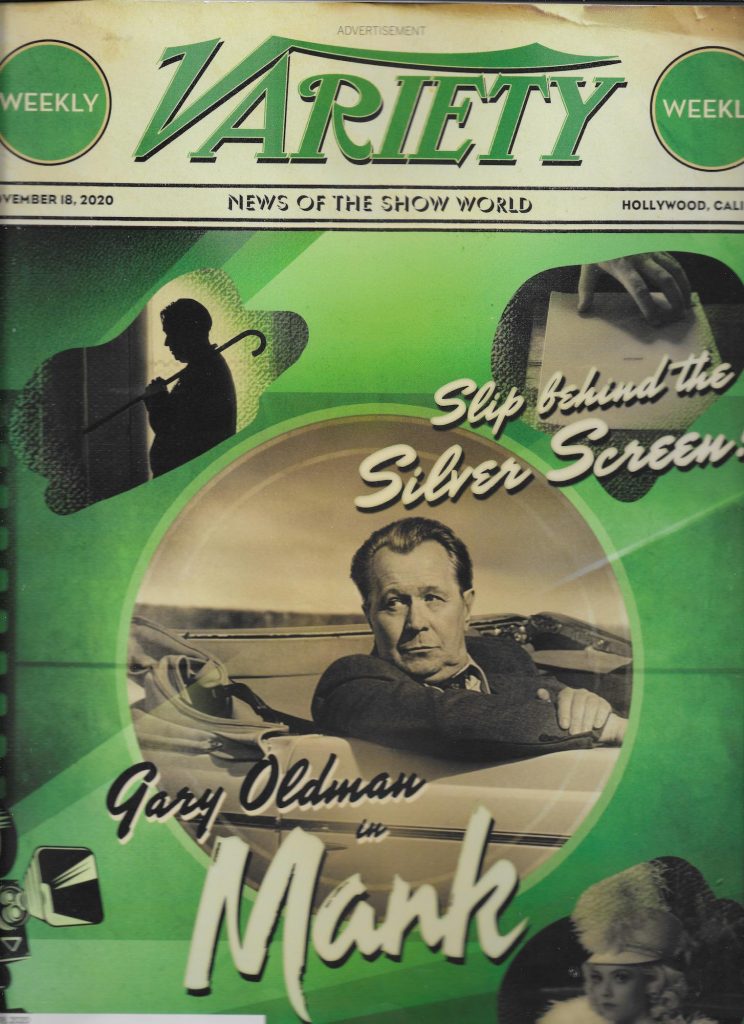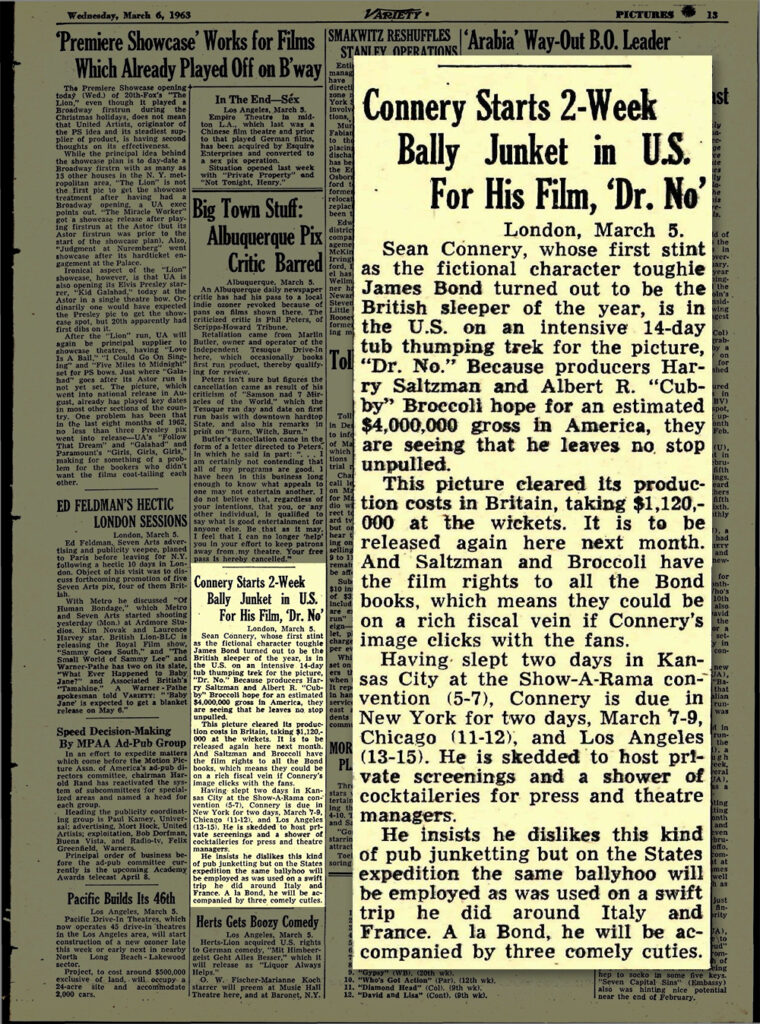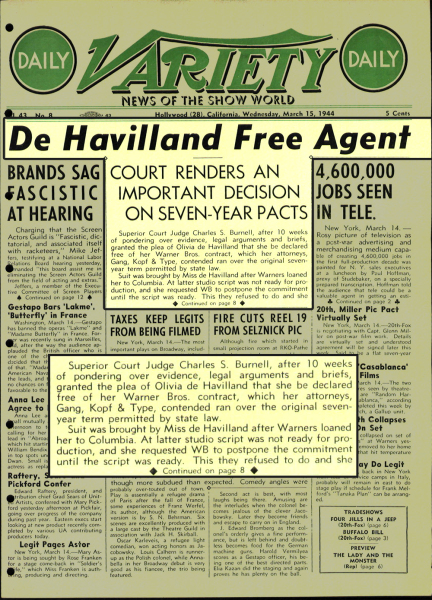Madrid, May 19,
2020
By Peter Besas
Today I received an email from Bob Marich, Marie Silverman’s hubby and Syd’s son-in-law who occasionally lets me know the latest news and developments at Variety, now owned by the Jay Penske.
He forwarded a press release from the Penske
Media Corporation headlined:
PMC Hires First-Ever Chief Advertising and Partnership Officer.
The release explains that the new appointee, monickered Mark Howard, in his “newly created role” will “oversee PMC’s corporate sales programs and revenue operations along with programmatic and indirect sales efforts across PMC’s portfolio of award-wining brands, including Rolling Stone, Variety, Robb Report, SHE Media, Deadline, ARTnews and WWD.”
There follows the usual gobbledy-gook jargon of how thrilled the company is to have him and the new appointee is quoted as saying how it is a “privilege to join the company at such an exciting time” It seems Howard was formerly SRO at Forbes and SVP at a digital advertising company. In my day, “SRO” meant Standing Room Only when a theatrical performance was sold out, and SVP with an R in front of it, RSVP, which in French is an abbreviation of “repondez s’il vous plait”, or “please answer” when sendinga formal invitation.
The item Bob sent caused me to dwell a few moments upon the use of titles in American business. I guess Howard’s new monicker will be CAPO, which, appropriately enough, in Italian means the leader.
In the old pre-Cahners Variety years essentially no titles were used. This was a tradition that dated back to the days of Sime Silverman, who even as long ago as 1905 hated them. The top dog in any regional office was merely designated as the “man in charge”. Later when Sime’s grandson took over, Syd was listed as the “proprietor”. There was no masthead, though everyone knew that Abel Green was the Managing Editor. All others were “muggs” or, whimsically, “ink-stained wretches”.
When Syd agreed to let me do a special section on Latin America, and I told him that I could not just go down there as the “stringer from Madrid” he replied; “Well then pick yourself a title”. By that time (1975) the American title mania had already swept over the corporate world. So I printed up some business cards with the highfalutin title Director of Latin American Operations. I never ascertained whether anyone was ever impressed by it.
When Cahners bought out Variety in 1987 and I for the first time in my life came to rub shoulders with the corporate world, I then learned that there are such people as a CEO (chief executive officer), a CFO (chief financial officer), a COO (chief operating officer), a CBO, (chief business officer), a CMO (chief marketing officer) and goodness knows how many other C’s, all of whom I guess the underlings address as “boss”. Or has that term now become defunct? I wonder what title an office boy has these days in corporate America.
end



